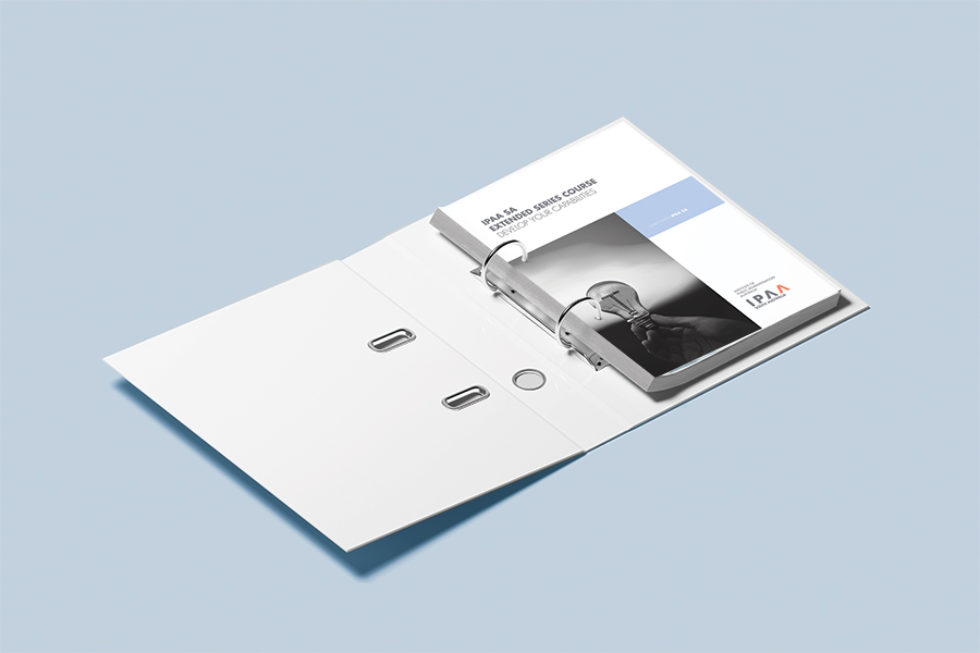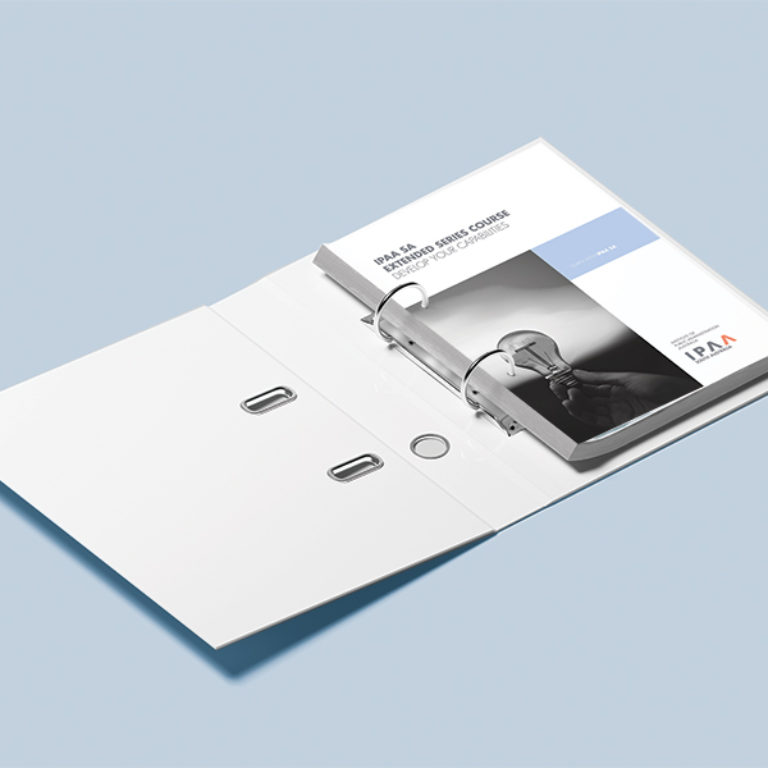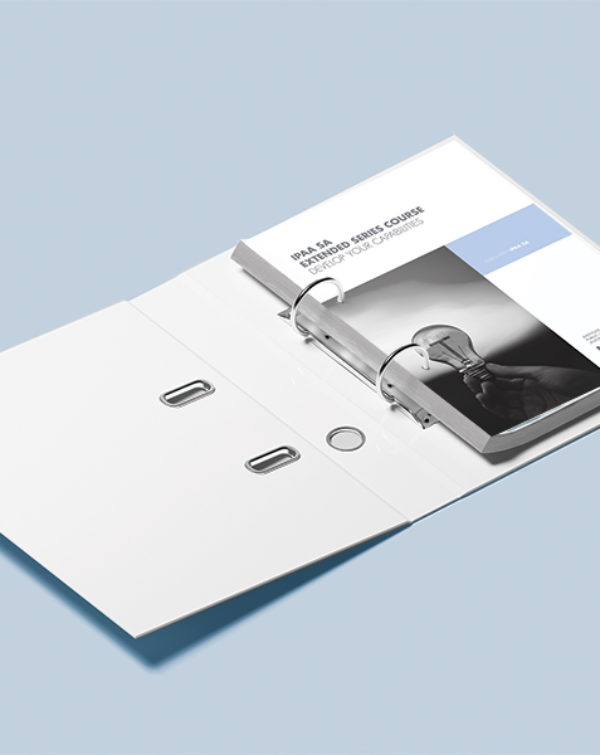Team Power
Explore the practical and straightforward techniques that you can apply in order to knit a group of people into an engaged and united team using tried and proven methods from Katzenbach and Smith, Tuckman, Collins and West.
Effective communication and collaboration are paramount for success in today’s fast-paced and diverse workplace. Understanding your communication style and being able to identify and adapt to others is the first step towards building strong, productive and professional relationships. Explore your communication style and how it can enhance your self-awareness, improve your interpersonal interactions, and ultimately boost your professional and personal growth.



Public sector teams are increasingly diverse – not just in culture, but in neurology. Autism, ADHD, dyslexia, anxiety, and sensory sensitivity bring unique strengths and challenges. This session moves beyond compliance to designing environments and leadership behaviours that work for all brains.



In today’s workplace, it is crucial for employees not only to be able to communicate effectively with their peers and subordinates but also to persuade their superiors. Persuading up is a critical skill that enables individuals to influence your senior leaders’ decisions and get their buy-in for ideas, projects, and proposals.